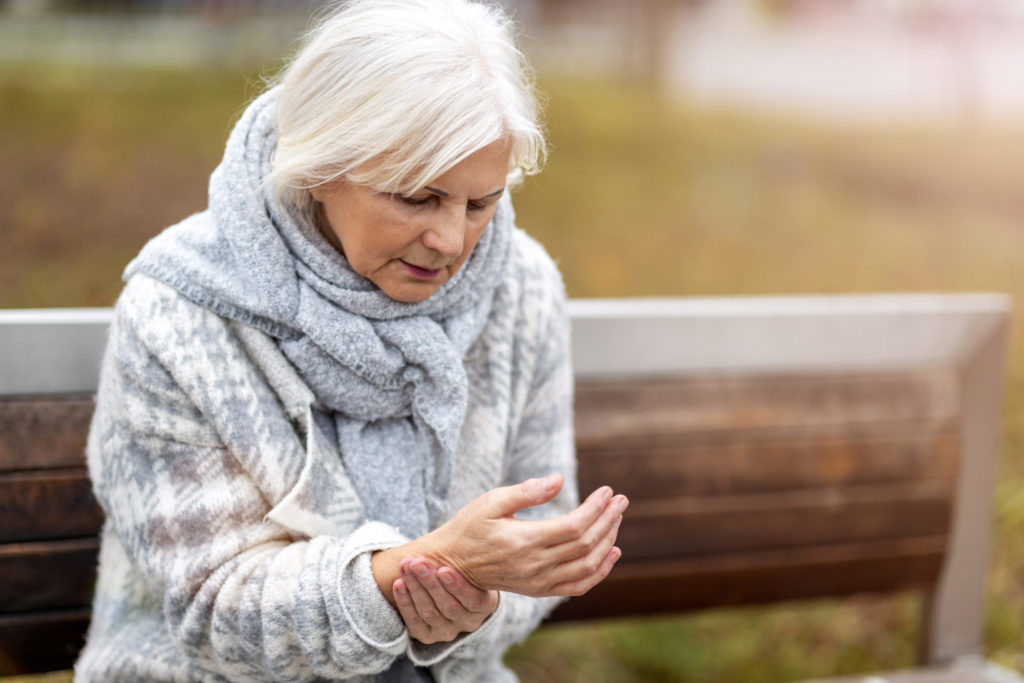
In a recent virtual meeting hosted by the European Alliance for Patient Access, advocacy groups from across Europe explored how to continue meeting the needs of people living with RMDs, rheumatic and musculoskeletal diseases, in particular.
Meeting participants included the Global Alliance for Musculoskeletal Health, the National Rheumatoid Arthritis Society and the Deutsche Rheuma-Liga. They highlighted several key issues.
Access
Balancing the short-term needs of COVID-19 patients with the long-term needs of people with RMDs is a challenge.
Proper Use of Telecare
Telecare is useful but not right for everyone, advocates agreed. For example, undiagnosed or newly diagnosed people – those with active or uncontrolled symptoms – should still be seen face to face.
Advocates also expressed concern that telecare could exacerbate health inequalities due to the cost of internet service and technology such as laptops and smart phones. The group did note, however, that some telecare can occur over a traditional phone, keeping costs and technology requirements low for patients.
Policies that Acknowledge Disease Burden
As countries ease lockdowns, people with RMDs face emotional decisions about how to resume daily life while staying safe.
Advocates explained that the burden of disability among these patients outweighs that of mental health patients, though policymakers have thus far given more attention to COVID-19’s mental health implications.
Education & Collaboration
Coordinated efforts among patient advocacy groups, scientific organisations and policymakers during the pandemic continue to ensure that trusted and consistent information gets to patients. Outreach has had to be mostly virtual.
Discussion among the patient advocacy organisations made one thing clear. As COVID-19 continues to present access challenges, patient advocacy groups are working together to increase patient education and to further policies that allow for continued, optimal and patient-centred care.
Recent Posts

Global Alliance for Patient Access
© 2024 GAfPA. All Rights Reserved
| Cookie | Duration | Description |
|---|---|---|
| cookielawinfo-checkbox-analytics | 11 months | This cookie is set by GDPR Cookie Consent plugin. The cookie is used to store the user consent for the cookies in the category "Analytics". |
| cookielawinfo-checkbox-functional | 11 months | The cookie is set by GDPR cookie consent to record the user consent for the cookies in the category "Functional". |
| cookielawinfo-checkbox-necessary | 11 months | This cookie is set by GDPR Cookie Consent plugin. The cookies is used to store the user consent for the cookies in the category "Necessary". |
| cookielawinfo-checkbox-others | 11 months | This cookie is set by GDPR Cookie Consent plugin. The cookie is used to store the user consent for the cookies in the category "Other. |
| cookielawinfo-checkbox-performance | 11 months | This cookie is set by GDPR Cookie Consent plugin. The cookie is used to store the user consent for the cookies in the category "Performance". |
| viewed_cookie_policy | 11 months | The cookie is set by the GDPR Cookie Consent plugin and is used to store whether or not user has consented to the use of cookies. It does not store any personal data. |